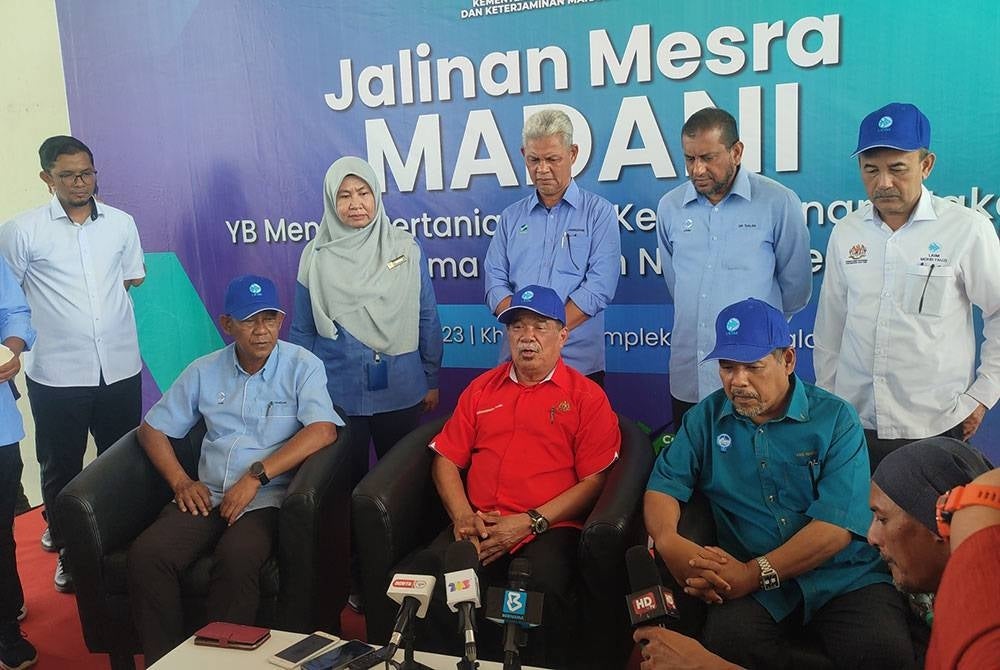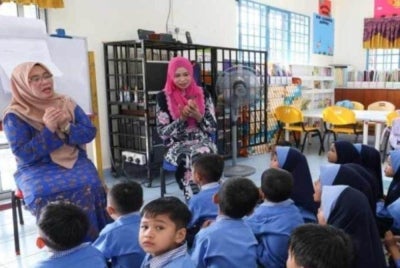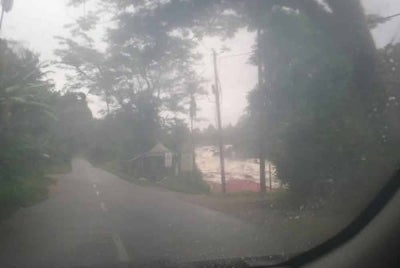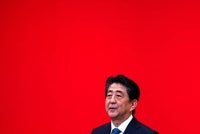Increase in living allowance for fishermen under consideration, says Mat Sabu

KUALA KEDAH - Putrajaya is considering to increase the Living Allowance for Fishermen (ESHN) based on the country's financial capacity and when its economy strengthens, says Agriculture and Food Security Minister Datuk Seri Mohamad Sabu.
Currently, the government provides allowances of RM300 per month to 38,000 fishermen across the country, with a total allocation of RM136.8 million, he said.
Despite ongoing economic recovery efforts, the welfare of fishermen remains a priority and the government aims to find ways to alleviate the people's burden, said Mohamad commonly known as Mat Sabu.
"If the country's economy begins to recover and the national income increases, God willing, we will try to fulfill the demand of the fishermen to the extent possible, depending on our financial capacity," he said.
He said this to reporters after the Jalinan Mesra Madani event with fishermen in Kuala Kedah at the LKIM Fishing Port in Kuala Kedah today.
Mat Sabu also touched on the importance of political stability for the country's economic well-being.
He said political stability was crucial to attract investors like Elon Musk and other potential investors to increase the value of Malaysian ringgit and economic growth.
Nevertheless, Mohamad believes that any increase in the allowance depends on political stability.
"Political stability is crucial for a country to ensure that investors do not bring their business to other countries.
The entry of investors like Elon Musk also attracts other investors to invest in Malaysia, causing the value of the ringgit to rise.
In other development, the government is still studying a proposal to provide subsidies based on the total output of rice.
Currently, subsidies are provided on average based on the value of the land. The implementation of subsidies based on total rice output is under consideration and has not been implemented yet.
Download Sinar Daily application.Click Here!















